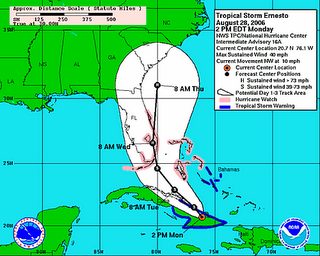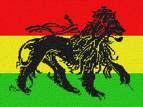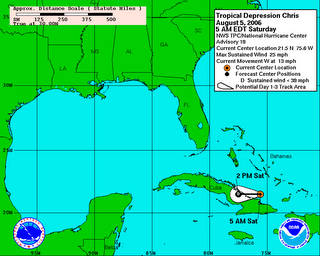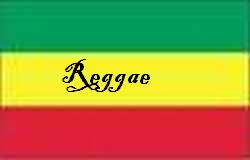 One year after Katrina and while we are going through Ernesto, I look back on this poem that I livicated to Kalamu ya Salaam. I remain optimistic about New Orleans despite the ongoing tragedy. But as the poet Joy Harjo has said, "The sun is a mentor.It has taught me that tomorrow will come, no matter what. No matter failure, no matter clouds, no matter sorrow, no matter slaughter, no matter, or happiness. And each sun is differently received in turn by us, as we carry on our celebrations of living and dying. Yet the sun remains quintessentially the same, a shining star, a dynamic power, ushering our journey from one breath to another, one drama to the next.”
One year after Katrina and while we are going through Ernesto, I look back on this poem that I livicated to Kalamu ya Salaam. I remain optimistic about New Orleans despite the ongoing tragedy. But as the poet Joy Harjo has said, "The sun is a mentor.It has taught me that tomorrow will come, no matter what. No matter failure, no matter clouds, no matter sorrow, no matter slaughter, no matter, or happiness. And each sun is differently received in turn by us, as we carry on our celebrations of living and dying. Yet the sun remains quintessentially the same, a shining star, a dynamic power, ushering our journey from one breath to another, one drama to the next.” Dancing with Katrina
For Kalamu ya Salaam
Paddling through New Orleans,
past a shotgun house up to its threshold
in brine, a dog, paws folded, waits
on the roof of his owner’s drowned
on the roof of his owner’s drowned
home, and stares across the river
at splintered houses in the shade
of pines, swaying in the wind
that keeled those sailboats
in the bay, leaning on each other
like partygoers after Mardi Gras,
when music filled the streets
like the laughter of those Creole
ladies, bright as Louis Armstrong’s horn
that gave birth to this city,
dredged in the blues,
that hour by hour,
rises from her despair,
and puts on her favorite torn stockings,
so when the waters go, as they will,
she will be ready to work
as she has always worked
with style, she will be ready to live
as she has always lived
with love, so she’ll be ready
to welcome all of God’s wayward
children into her arms again,
and dance with her stilettos in the mud.
September 10, 2005
Livicated to Kalamu ya Salaam, who despite the hurricane and his own losses, continues to inspire and lead.
Blessings,
Geoffrey Philp
"Overcome the devils with a thing called love.” Bob Marley
***
Tags:
Writing
Caribbean writers
Jamaican writers
Jamaica
Miami
hurricane
Hurricane Ernesto
Hurricane Katrina
Poetry















